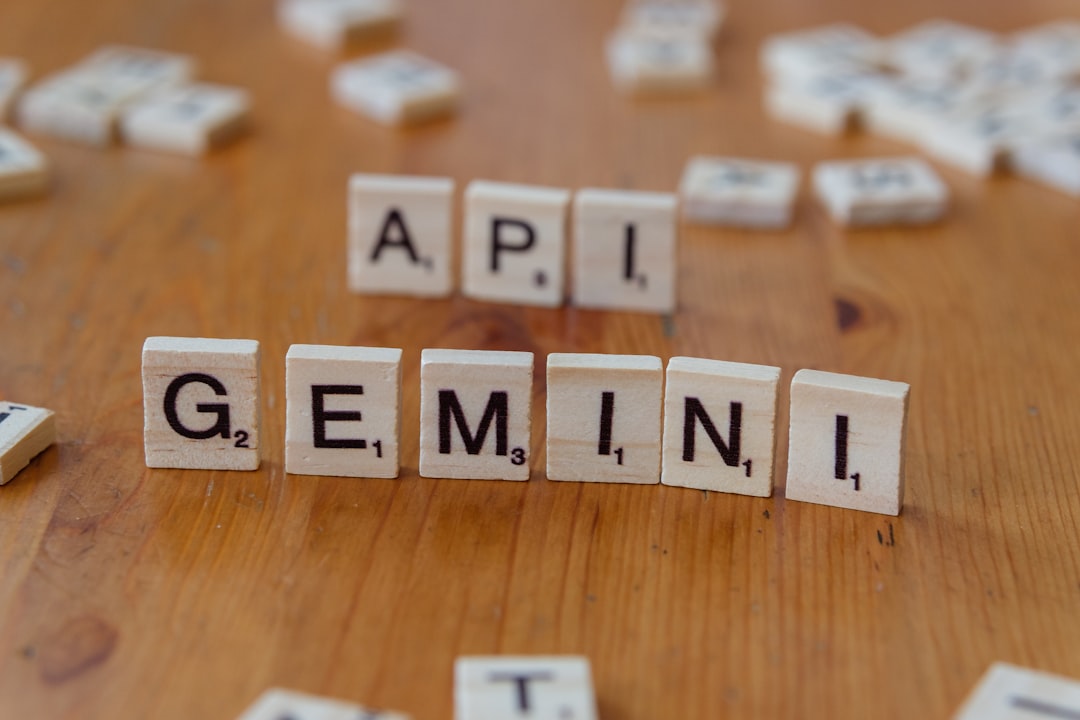“`html
OpenAI Gemini 3 Model Release Rumors: Setting the Stage for AI Domination?
The AI landscape is buzzing with anticipation. While OpenAI continues to push the boundaries with its existing models, whispers surrounding the imminent release of Gemini 3 are growing louder. This next-generation AI model, developed by Google AI, is rumored to be a significant leap forward, potentially reshaping how we interact with artificial intelligence. But what makes Gemini 3 so important, and why is everyone paying attention?
Why Gemini 3 Matters: A New Paradigm in AI Capabilities
The significance of Gemini 3 lies in its potential to address the current limitations of existing large language models (LLMs). Current models, including OpenAI’s GPT series, excel at text generation and understanding, but they sometimes struggle with complex reasoning, long-term memory, and true “understanding” of the world. Gemini 3 aims to bridge these gaps. Reportedly, the development team is focusing on improving:
- Reasoning Abilities: Moving beyond pattern recognition to genuine problem-solving.
- Multimodal Understanding: Integrating text, images, audio, and video for a more comprehensive understanding of data. Imagine an AI that can not only read a recipe but also watch a cooking video and adjust instructions based on visual cues.
- Long-Term Memory: Retaining information across longer conversations and tasks, leading to more personalized and context-aware interactions.
- Code Generation: Improved ability to write complex and functional code, potentially revolutionizing software development.
These advancements could translate into tangible improvements across various industries. For example, in healthcare, Gemini 3 could assist doctors in diagnosing diseases by analyzing medical images and patient history with greater accuracy. In education, it could create personalized learning experiences tailored to individual student needs. In customer service, it could provide more intelligent and empathetic support. Reuters Technology News often covers these industry applications.
The Impact on the AI Landscape: OpenAI’s Response and the Race for Dominance
The arrival of Gemini 3 presents a significant challenge to OpenAI’s dominance in the AI space. While OpenAI’s GPT models have set the standard for language models, the potential advancements in Gemini 3 could shift the balance of power. This competition is ultimately beneficial for consumers, as it drives innovation and pushes the boundaries of what’s possible with AI.
So, what does this mean for OpenAI? We can expect a proactive response. They are likely working on the next iteration of their own model, rumored to be GPT-5, aiming to address the same limitations and potentially surpass Gemini 3 in certain areas. This competition fuels a cycle of innovation, with each company striving to create more powerful and capable AI systems.
The real-world impact of this competition will be seen in the capabilities of AI-powered applications and services. We can anticipate:
- More sophisticated chatbots: Able to understand and respond to complex queries with greater accuracy and empathy.
- Improved content creation tools: Empowering users to generate high-quality text, images, and videos with minimal effort.
- Advanced data analysis tools: Uncovering hidden insights from vast datasets to drive better decision-making.
- Personalized AI assistants: Tailored to individual needs and preferences, providing proactive support and assistance.
Future Outlook: The Evolving Ethics and Capabilities of AI
As AI models like Gemini 3 become more powerful, ethical considerations become increasingly important. Issues such as bias, fairness, and transparency need to be addressed to ensure that AI is used responsibly and ethically. Developers are actively working on techniques to mitigate bias in training data and ensure that AI systems are fair and equitable.
Furthermore, the increasing capabilities of AI raise questions about job displacement and the future of work. While AI is likely to automate some tasks, it also has the potential to create new jobs and augment human capabilities. The key is to focus on education and training to prepare workers for the changing demands of the labor market.
The future of AI is bright, but it’s crucial to navigate the ethical and societal challenges thoughtfully. Ongoing research and development are focused on improving the safety and reliability of AI systems, ensuring that they align with human values. BBC Technology News provides regular updates on these ethical considerations.
Specifically, we can expect to see:
- Increased focus on explainable AI (XAI): Making AI decision-making processes more transparent and understandable.
- Stronger regulations and guidelines: Ensuring the responsible development and deployment of AI technologies.
- Greater collaboration between researchers, policymakers, and industry stakeholders: Addressing the ethical and societal implications of AI in a collaborative manner.
- Continuous improvements in AI safety and security: Protecting against malicious use and unintended consequences.
In conclusion, the rumored release of OpenAI’s Gemini 3 model marks a significant milestone in the evolution of AI. Its potential advancements could reshape various industries and drive innovation across the board. While challenges remain, the future of AI is full of promise, and it’s essential to approach it with both enthusiasm and caution.
“`

